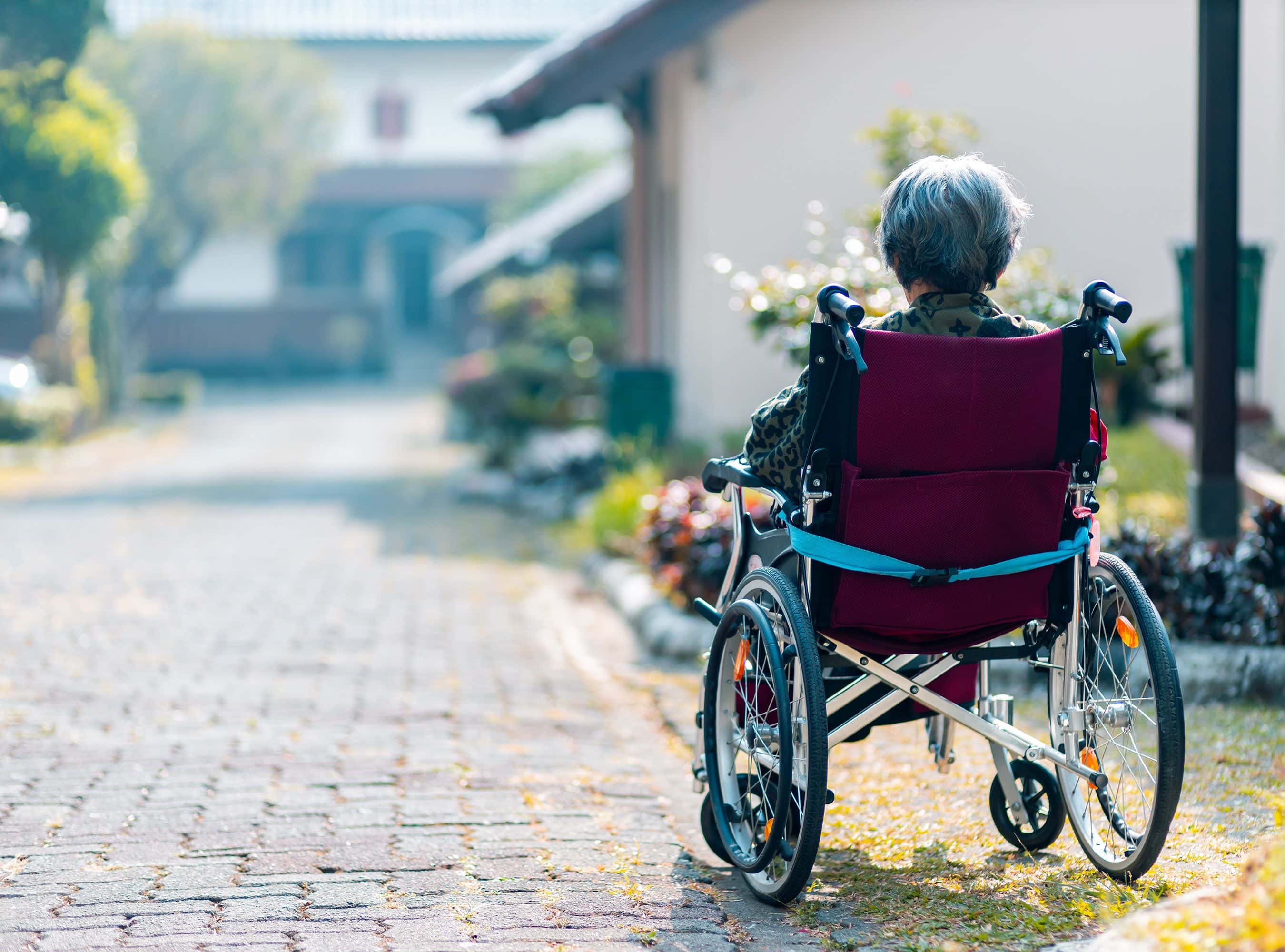Court: Court of Appeals of MinnesotaJurisdiction: FederalCase Name: Howard v. SvobodaCitation: 2017 Minn. App. Unpub. LEXIS 508
Facts
The appellant’s history of back pain prompted her to seek treatment at the respondent’s neurological clinic. The clinic sent the patient to a neurosurgeon, who performed surgery on the appellant to alleviate back pain induced by nerve compression in her spine. The neurosurgeon transferred the patient back to the clinic where she acquired osteomyelitis and discitis (bone infections) in her vertebrae, ultimately resulting in paraplegia. The plaintiff filed a medical malpractice suit against the respondents alleging that they had failed to identify, diagnose, and treat her infection before performing the surgery. The respondents retained an infectious disease expert witness to opine on the possibility that the appellant contracted the infection between her last checkup by the respondents and her eventual hospitalization. This testimony was challenged by the appellant.
The Infectious Disease Expert Witness
The respondents’ infectious disease expert witness was an epidemiologist investigating infectious diseases. He had been in practice for more than 20 years. The expert received his medical degree from the University of Iowa Carver College of Medicine and was affiliated with several hospitals in Minnesota. The expert was of the view that Streptococcus intermedius bacteria, which induced the infectious process in the appellant, was an agent that can cause serious infections very quickly. He cited a medical science journal article to illustrate an example of organisms in the Streptococcus milleri family rapidly causing clinical deterioration. The opinion of the expert was based only in part on the article. His opinions were backed by the testimony of other expert witnesses of the respondents. Furthermore, the infectious disease expert’s conclusions were founded on his experience, training, generally accepted principles of science relating to the treatment and care of patients with infectious diseases, the appellant’s medical records, and transcripts of deposition.
Discussion
The district court concluded that the infectious disease expert’s testimony was admissible under Rule 702 because the scientific theories underlying bacterial reproduction rates, infectious process, and diagnosis of discitis and osteomyelitis were each well established. Furthermore, the court found that it would benefit the jury to hear expert opinions from both sides regarding the speed of bacterial growth, as it was closely related to the appellant’s infection progression.
The appellant argued that the infectious disease expert, among other respondent experts, “had no science to back up their theory that [the] bacteria grew so fast that in less than 12 days, it had caused such extensive destruction of the vertebral bodies that they collapsed and caused impingement of the spinal cord and [her] permanent paralysis.” The appellant further argued that the district court had erred by admitting his testimony based on his personal experiences, which was in contravention of Minnesota Rules of Evidence 702 and 703.
The court noted that the circumstances of the case were different from both of the cases whose reference was taken by the appellant. The court noted that the present case did not involve the failure to establish the expert’s qualifications or a particular test’s reliability. Unlike Doe, it did not involve a new scientific theory or a question as to whether a particular phenomenon existed. The court noted that the parties did not dispute that the Streptococcus milleri bacteria caused the infection that ultimately resulted in the appellant’s paraplegia. Instead, it only found a dispute regarding the growth rate of that bacterial infection, noting that each side relied on scientific evidence to do so.
The court rejected the appellant’s argument that the opinions of the respondents’ expert were not reliable because they were based on personal experience and not on repeated clinical trials. It noted that because at least one of the patients had experienced symptoms only eight days prior to hospital admission in a peer-reviewed study of the growth of vertebral osteomyelitis bacteria that was cited by the appellant in support of her case, it was possible that the appellant’s infection developed between her last examination with the respondents and her hospital admission. The court noted that the likelihood that the appellant’s infection would develop quickly affected the weight of the expert witness testimony, and not its admissibility.
Held
The appellant’s motion to exclude testimony of the respondents’ infectious disease expert witness was denied.
About the author
Wendy Ketner, M.D.
Dr. Wendy Ketner is a distinguished medical professional with a comprehensive background in surgery and medical research. Currently serving as the Senior Vice President of Medical Affairs at the Expert Institute, she plays a pivotal role in overseeing the organization's most important client relationships. Dr. Ketner's extensive surgical training was completed at Mount Sinai Beth Israel, where she gained hands-on experience in various general surgery procedures, including hernia repairs, cholecystectomies, appendectomies, mastectomies for breast cancer, breast reconstruction, surgical oncology, vascular surgery, and colorectal surgery. She also provided care in the surgical intensive care unit.
Her research interests have focused on post-mastectomy reconstruction and the surgical treatment of gastric cancer, including co-authoring a textbook chapter on the subject. Additionally, she has contributed to research on the percutaneous delivery of stem cells following myocardial infarction.
Dr. Ketner's educational background includes a Bachelor's degree from Yale University in Latin American Studies and a Doctor of Medicine (M.D.) from SUNY Downstate College of Medicine. Moreover, she is a member of the Board of Advisors for Opollo Technologies, a fintech healthcare AI company, contributing her medical expertise to enhance healthcare technology solutions. Her role at Expert Institute involves leveraging her medical knowledge to provide insights into legal cases, underscoring her unique blend of medical and legal acumen.



